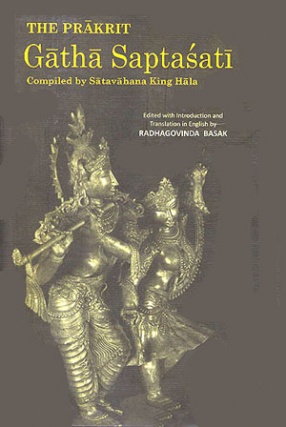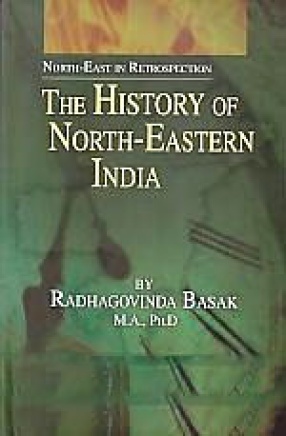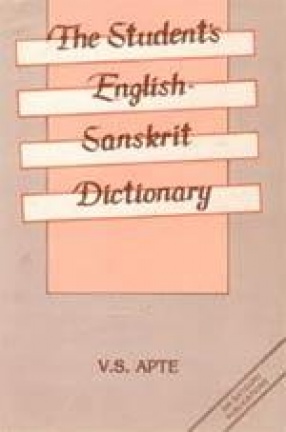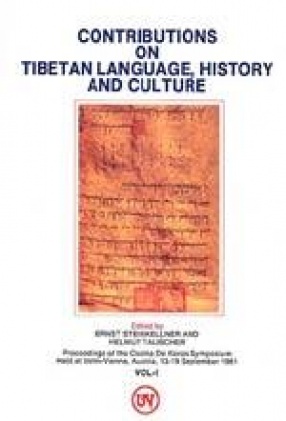The Gatha-Saptasati is an anthological treatise (a Kosa-grantha) written in Maharastri Prakrit language. This book may provoke a study by those men of taste who are desirous to know many things falling within the range of rasasastra. Even those who are prone to write novels and dramas in the language of their choice will be deprived of the knowledge of the most enjoyable sentiments, specially the erotic sentiments, if they fail to make a deep study of` this important treatise.
Kosah Sloka Samuhas-tu syad anyony anapeksakah i.e. technically speaking, a Kosa is a collection of verses which are independent of` each other. All the seven centuries of gathas in this treatise form, as it were, a Kavya in which the sentiment (ram) of love is most prominent. Although no verse is closely connected in form or matter to any other, yet the verses can possibly be arranged into groups or sections according to particular topics. What is generally defined as an arya metre in Sanskrit is called a gatha in Prakrit. A Prakrit gatha gives its own definition thus: That is called a gaha or gatha which contains twelve matras in the first foot, eighteen in the second, again twelve in the third and fifteen decorating it in the fourth.
There is a distinct difference between the Prakrit language used in the ancient Nanaghat and the Nasik cave inscriptions and also those in some other parts of old Maharastra country and the Prakrit used in Hala’s Saptasati. The reason for this difference of` language in contemporary documents may be attributed to the fact that the inscriptions were meant to be understood easily by the people in general and the gatha verses were composed in the Maharastri Prakrit sanctioned by grammar and its rules.






There are no reviews yet.